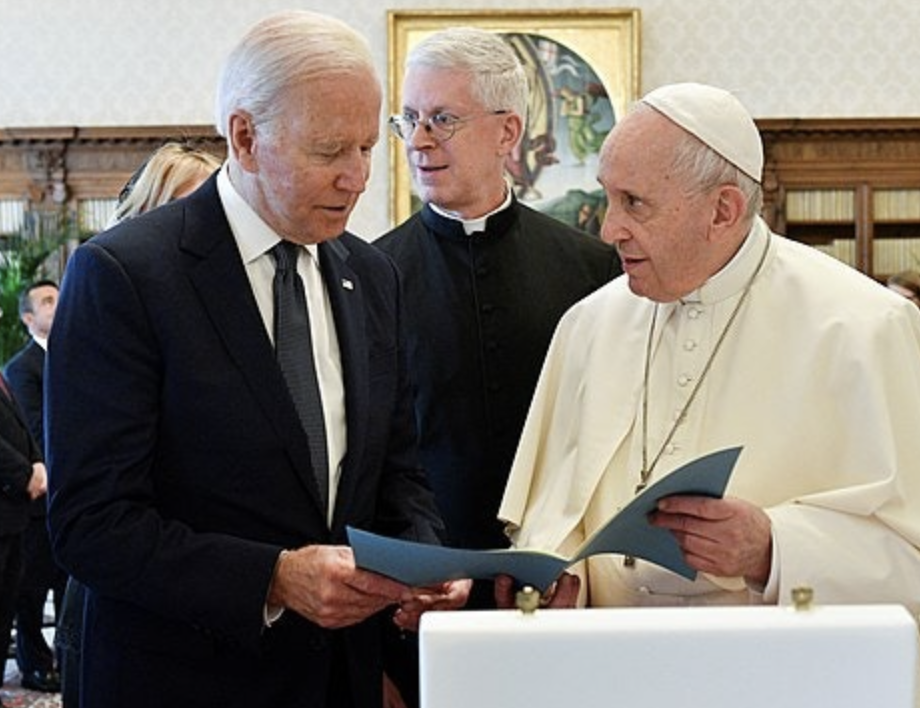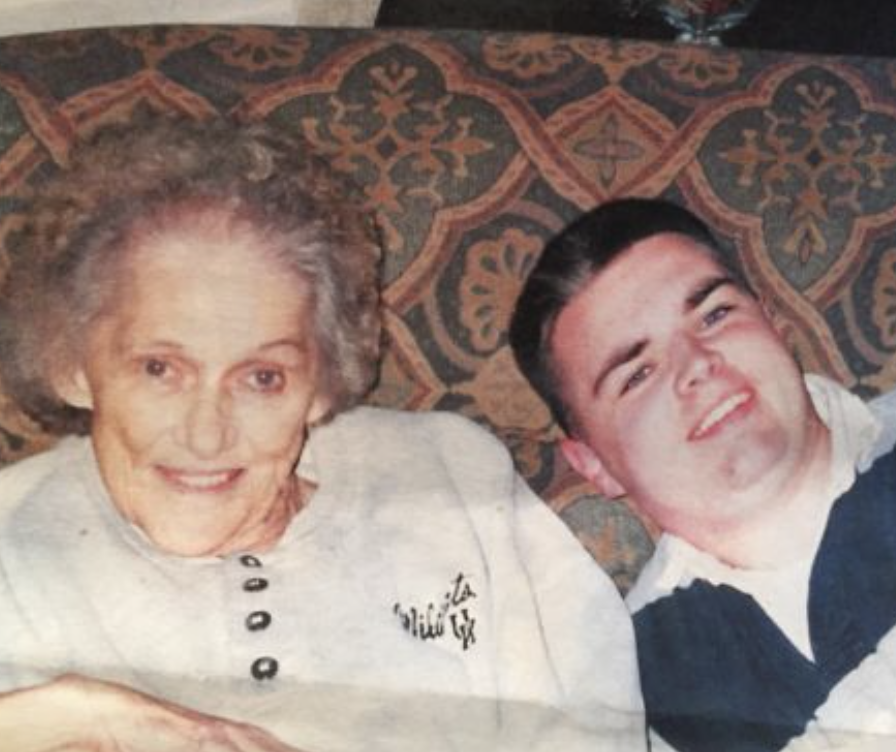The questions at the 2025 March for Life were familiar ones for D.C. Beltway insiders: Would major politicians show up and what would they say?
After a White House race in which his softer abortion language worried conservatives, President Donald Trump's video message affirmed: "To all of the very special people marching today in this bitter cold, I know your hearts are warm and your spirits are strong because your mission is just very, very pure: to forge a society that welcomes and protects every child as a beautiful gift from the hand of our Creator."
Vice President J.D. Vance, a convert to Catholicism, appeared in person and stressed the need to be "pro-family and pro-life in the fullest sense of that word. … Let me say very simply: I want more babies in the United States of America. I want more happy children in our country, and I want beautiful young men and women who are eager to welcome them into the world and eager to raise them."
Speaker of the House Mike Johnson, in deeply personal remarks, stressed that he was born just before Roe v. Wade and this timing was more than symbolic. "I was the product of an unplanned teen pregnancy," he told the rally crowd, "and I am so eternally grateful that my mom and dad ignored all the people who told them to just take care of that problem, and they chose to embrace life and to have me, the first of their four children. It's a simple fact -- a very simple fact -- that had they not done that, I would not be here."
This was the third national March for Life since the Supreme Court vote to overturn Roe v. Wade and the January 24 event was affected by harsh winter weather that, days earlier, moved the presidential inauguration ceremonies inside the U.S. Capitol. Nevertheless, organizers estimated that the rally and march drew about 150,000 people, including busloads of students.
The vigil Mass the night before the march packed the National Shrine of the Immaculate Conception, with 5,000 students, adults and activists gathered in a variety of worship spaces inside the basilica, since the upper-sanctuary pews hold about 3,500 people.





